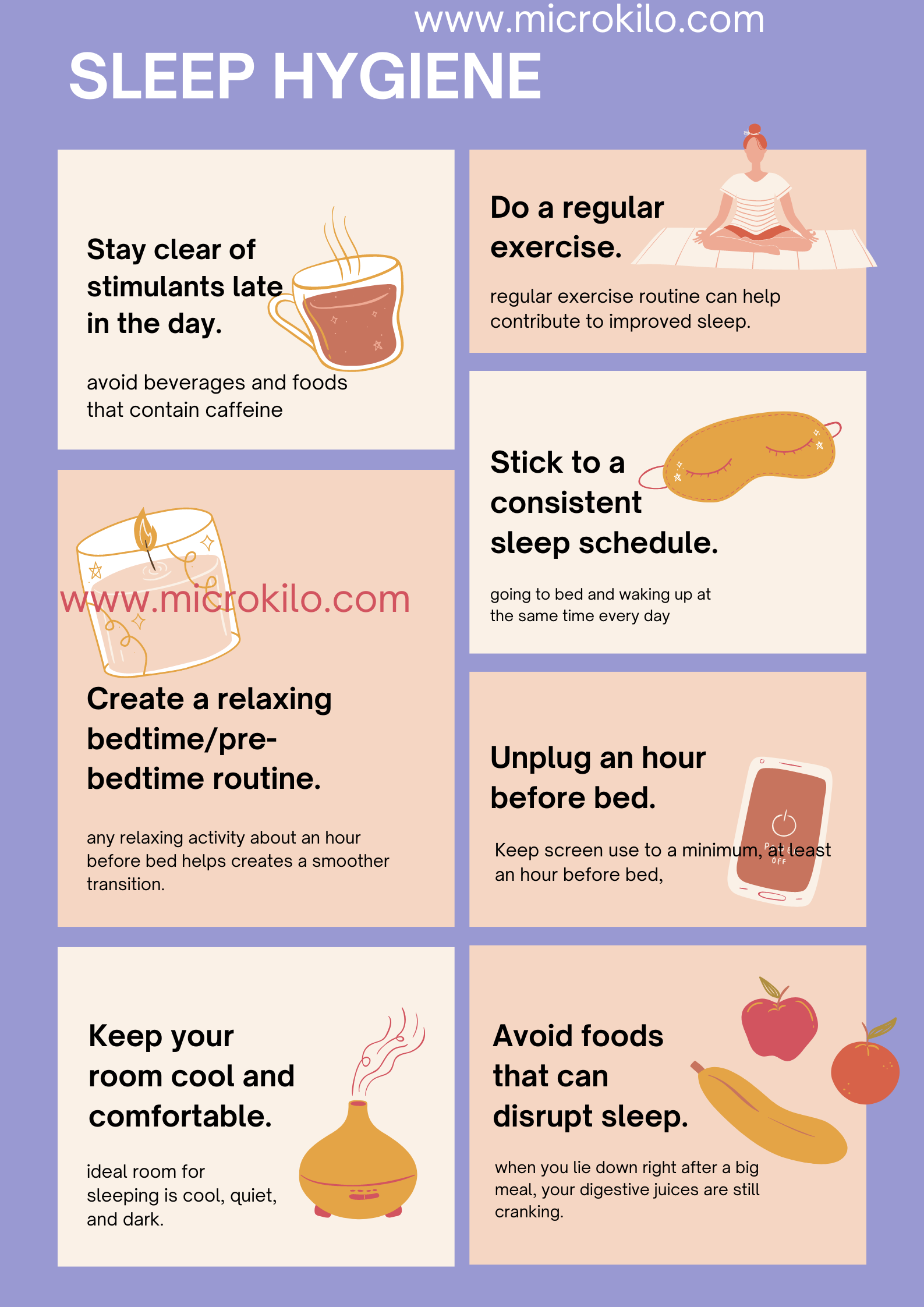Introduction
Sleep is essential to our overall health and wellbeing. It helps us to recharge, repair and rejuvenate our body and mind. Unfortunately, not everyone gets the sleep they need to function at their best. According to the National Sleep Foundation, adults need between 7-9 hours of sleep each night. However, many people struggle with falling asleep or staying asleep, leaving them feeling tired and unproductive during the day. Whether you suffer from insomnia, sleep apnea, or simply can’t seem to turn off your brain at night , there are a variety of natural remedies that can help you get the restful slumber you deserve. In this article, we’ll explore 10 home remedies for good sleep that you can try tonight .
10 Home Remedies for Good Sleep

Create a Sleep-Conducive Environment
One of the easiest home remedies for good sleep is creating a sleep-conducive environment. Your bedroom should be cool, dark and quiet. Avoid using electronics in the bedroom, as the blue light emitted from screens can interfere with your sleep. Instead, read a book, listen to soothing music or practice relaxation techniques to help you wind down.
Stick to a Sleep Schedule
Our bodies thrive on routine, so it’s essential to stick to a sleep schedule. Try to go to bed and wake up at the same time every day, even on weekends. This will help regulate your body’s natural sleep-wake cycle, making it easier to fall asleep at night and wake up feeling refreshed in the morning.
Limit Caffeine and Alcohol Intake
Caffeine and alcohol are both known to disrupt sleep. If you’re struggling with sleep, try to limit your caffeine intake to the morning hours and avoid alcohol altogether. If you do choose to drink, do so in moderation and avoid drinking close to bedtime.
Exercise Regularly
Regular exercise can help promote better sleep by reducing stress and anxiety. However, it’s important to avoid exercising too close to bedtime, as this can actually make it harder to fall asleep. Aim to exercise earlier in the day, such as in the morning or early afternoon.
Practice Relaxation Techniques
Relaxation techniques, such as deep breathing, meditation, and progressive muscle relaxation, can help calm your mind and body, making it easier to fall asleep. Try incorporating these techniques into your bedtime routine to help you relax and prepare for sleep.
Use Aromatherapy
Aromatherapy is a natural way to promote relaxation and sleep. Essential oils like lavender, chamomile, and cedarwood are known for their calming properties and can help you unwind before bedtime. Add a few drops of your favorite essential oil to a diffuser or spray onto your pillow before sleep.
Try Herbal Supplements
Herbal supplements like valerian root, chamomile, and passionflower are commonly used to promote relaxation and sleep. However, it’s important to talk to your doctor before taking any herbal supplements, as they can interact with medications and may not be safe for everyone.
Take a Warm Bath or Shower
Taking a warm bath or shower before bed can help relax your muscles and prepare your body for sleep. The warm water can also help lower your body temperature, which can make it easier to fall asleep.
Magnesium Supplements
Magnesium is an essential mineral that plays a key role in regulating the body’s sleep-wake cycle. It helps relax the muscles and calm the nervous system, making it easier to fall asleep and stay asleep. If you’re not getting enough magnesium in your diet, consider taking a magnesium supplement before bedtime.
Keep a Sleep Diary
Keeping a sleep diary can help you identify patterns in your sleep and determine what may be contributing to your sleep problems. Record how long it takes you to fall asleep, how many times you wake up during the night, and any other factors that may be affecting your sleep. Use this information to make adjustments to your sleep habits and create a more restful sleep environment.

Frequently asked Question:
Can these home remedies for good sleep work for everyone?
While these remedies have been found to be effective for many people, everyone's sleep needs and habits are different. It's important to experiment with different techniques to find what works best for you.
Are there any risks associated with using herbal supplements for sleep?
While herbal supplements are generally considered safe, they can interact with medications and may not be safe for everyone. It's important to talk to your doctor before taking any herbal supplements, especially if you're pregnant or nursing.
Conclusion
Sleep is essential to our overall health and wellbeing, and there are several natural remedies that can help promote better sleep. By creating a sleep-conducive environment, sticking to a sleep schedule, limiting caffeine and alcohol intake, exercising regularly, practicing relaxation techniques, using aromatherapy, taking a warm bath or shower, using white noise, and keeping a sleep diary, you can start sleeping better tonight.
If you’re still having trouble sleeping after trying these remedies, don’t hesitate to seek professional help. A doctor or sleep specialist can help identify underlying causes of your sleep problems and provide you with personalized solutions to help you get the restful sleep you need.